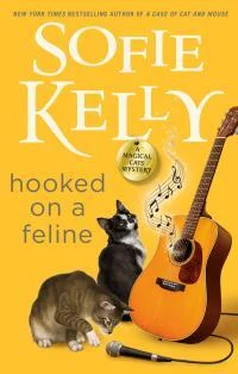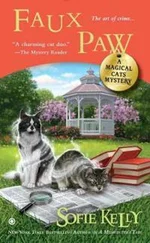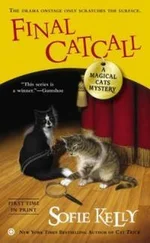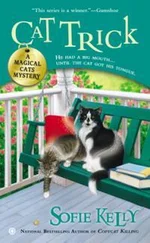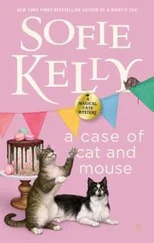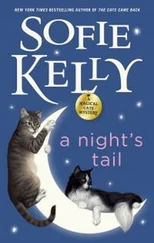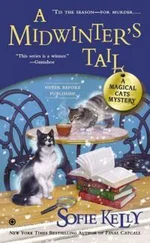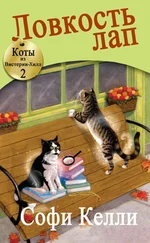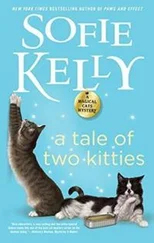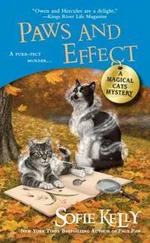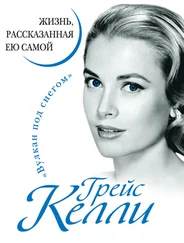“I heard about the medical examiner reclassifying Leitha Anderson’s death,” Roma said, picking up her napkin.
“Marcus doesn’t think her death is connected to Mike’s, does he?” Maggie asked.
I wasn’t sure how to answer. I didn’t want to say that he did and I was beginning think he might be right. “As far as I know they’re two separate cases.” I was saved from having to say anything more because Claire came back with the iced tea, which was as good as she had said it would be.
“How’s hockey school going?” I asked once Claire had headed to another table. I was genuinely interested and I didn’t want to talk about Mike or Leitha right now.
“It’s going very well,” Roma said. “Eddie is a natural teacher and he’s already getting phone calls from high school and college hockey teams looking to work with him.”
Despite all the obstacles he’d encountered in getting the school up and running, and despite people telling him he should set up in Minneapolis, Eddie had never wavered from running his hockey school in his new hometown.
“Maybe I should get him to give me skating lessons,” I said, reaching for my glass. I had never learned to skate as a kid. Both Maggie and Marcus had tried to teach me. All I’d managed to learn was how to fall so I didn’t break anything.
“He would, you know,” Roma said. “I should have thought of that a long time ago.”
“You’re good at standing up,” Maggie offered. She always managed to find something positive to say.
“I’m fantastic at standing up,” I said. “It’s just moving that stymies me.”
“Talk to Eddie,” Roma said. “I’m serious. He’ll teach you.”
“I will,” I said. I took another sip of my iced tea.
Roma put both of her hands flat on the table. “Before Claire comes back, I have to confess. I had an ulterior motive for suggesting we have lunch. I need both of your opinions on something.”
“We are full of opinions,” I said solemnly, squaring my shoulders and laying one hand on my chest.
Maggie nodded in agreement, looking equally serious.
Roma gave her head a little shake. “The two of you are full of something.”
Mags smiled at her. “How can we help?”
“Do you remember the burlesque show at The Brick that raised money for the no-kill shelter?”
Maggie’s eyes met mine and she grinned.
“Vividly,” I said. “Mary put on a push to get me to take part in it.”
Maggie was still grinning. “You should have said yes. It looked like a lot of fun.”
I squinted across the table at her. “I don’t remember seeing you on that stage.”
“Mary didn’t ask me, but I would have if I’d had the chance.”
“You might want to be careful about saying that in front of witnesses,” Roma said.
“Why?” I asked, unfolding my napkin and putting it in my lap.
“Because there may be another show.”
Maggie eyed her, the remnants of a grin still on her face. “You’re serious,” she said.
Roma nodded. “Very.”
At that moment Claire returned with our food. Once we all had our salads and fat, chewy breadsticks, I turned to Roma. “Another show? Explain please.”
“I thought the original show was supposed to strictly be a onetime thing. Basically a last-minute idea to help raise enough money to fix the roof at the no-kill shelter,” Maggie added.
“It was,” Roma said. “I don’t know if you remember, but we were desperate. The roof was leaking in about a dozen places and none of the other fund-raising efforts were bringing in the kind of money we needed. Mary suggested a burlesque-style show—nothing that involved nudity or anything obscene, just a little slightly naughty fun. She convinced The Brick to give us the stage for a night and to kick in a percentage of the drink totals.”
Mary might look like someone’s kindly cookie-baking grandmother, but she was also an example of the old saying that looks could be deceiving. She was the state kickboxing champion in her age group and she danced regularly at amateur night at The Brick. Like the burlesque show, there was no nudity, just fishnets, feathers and flirtation.
In the weeks before the first show, I’d learned a lot about burlesque from Mary. She’d explained that shows usually featured a master of ceremonies whose job it was to keep the show moving forward. The MC not only introduced each act; he or she also interacted with the audience. Most acts ran five minutes or less. The performers included dancers, singers, magicians, comedians and, yes, striptease artists.
“But not in this show, I promise,” Mary had said when my eyebrows went up, “although . . .” She’d winked and given me a sly smile.
Mary had used all of her persuasive skills to try to get me to take part in the fund-raiser. “First of all, I don’t dance,” I had told her. “And second, I’m not the kind of person to put on fishnets and feathers.”
“Everyone can dance,” she’d retorted, “and fishnets and feathers are flattering to every body type.”
In burlesque everything was big: lots of makeup, lots of hair, especially wigs, and costumes that were detailed and elaborate. There were rhinestones and sequins on everything. Burlesque, I discovered, was intended to make the audience laugh. It poked fun and skewered people and ideas alike.
We had sold tickets at the library in advance and they were available at the door as well. People were also encouraged to sponsor a cat. There were posters all over the bar on the day of the show. Ticket sales had been decent but donations to sponsor cats were slow despite the fact that the audience was clearly having a lot of fun.
Then Zorro came out. The lights went down and the theme song from the 1950s show began to play; then the music changed to a dance mix.
No one knew who the man was, but he put on the performance of a lifetime. He was bare chested under a satiny cape with black leggings and what looked to me to be black Docs. A silky bandanna with eyeholes covered the top of his face and his hair. He also wore a black hat. And he’d gotten a genuine fencing foil from somewhere. What he lacked in skill, he more than made up for with his enthusiasm.
Most of the time it’s not acceptable to call out to a performer while they’re in the middle of their act or to whistle at them from the back. With burlesque, it’s expected. The audience doesn’t have to wait to politely clap at the end. They’re expected to show how they feel during the performance with comments, whistles, claps and screams of laughter. That audience loved Zorro. People laughed but because they were having fun, not at his expense. As he left the stage, the crowd erupted in even louder applause, hooting and stomping their feet.
Mary came out and promised another dance from the masked man when they reached a certain dollar value in sponsorships. It worked. The masked man danced again at the end of the evening and the event surpassed its goal. Since then Mary had refused to give even a hint as to the man’s identity. I knew I had a better chance of finding out the secret ingredient in her cinnamon rolls.
I pulled my attention back to the current conversation.
Roma speared a chunk of cucumber with her fork. “You know the shelter never really has enough money, not for long-term things like work on the building.”
Maggie and I both nodded.
“Well, about a month ago, Sandra mentioned in passing that we should do another show—maybe make it an annual thing—to raise money for the shelter.”
Sandra Godfrey was a mail carrier. She was my mail carrier. She was also a member of the library board, which was how she’d gotten to be friends with Mary.
“I’ve been thinking about the idea on and off since she mentioned it,” Roma continued. “And it strikes me that maybe it’s not such a bad idea. What do you two think?”
Читать дальше
